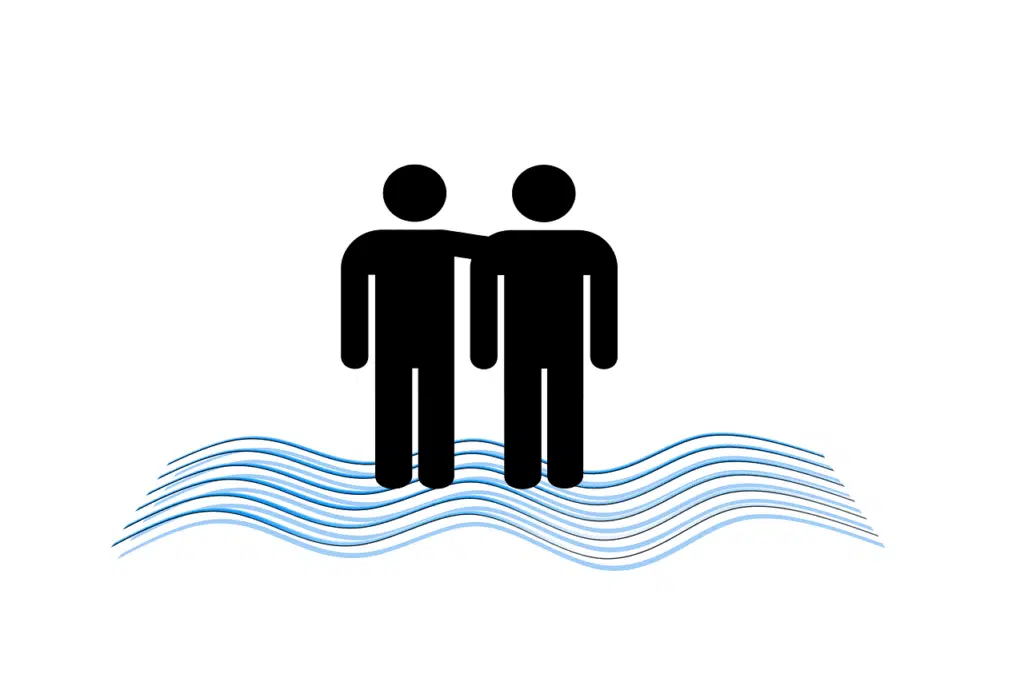
Choosing a Behavioral Therapist
People, including children, who suffer from behavioral problems often seek professional medical help. This can be from a psychologist, a psychiatrist or a clinical social worker but the person most highly recommended is someone who has trained as a behavioral therapist. Broadly speaking there are two ways help can be provided. The first is through medications and the second through therapy. In recent times behavioral therapists have come into their own.
The first piece of advice is to consult a behavioral therapist who is licensed to practice in the state in which they are working. This is an important piece of information.
The next step in making your choice is to interview your prospective therapist. This may sound strange but you need to remember that therapy is a very personal form of treatment and you, the patient, need to feel comfortable and confident. If either of these qualities are missing, you should change your therapist. And be aware that any treatment can be stopped at any time if you are not feeling okay. Of course by discussing your concern with your therapist, you may be able to continue with confidence. But remember that you are the most important person in the equation and you are paying the bills.
Next you need to ask the therapist about their technique. Which method of recovery do they use? If you do not understand the method, ask for it to be explained. If you have done some basic research you will know there is more than one philosophy or technique. Ask why your problem is going to be handled better using one particular method.
You can ask the therapist why they choose their favored method and other questions. Where did they train? Have they taken post-graduate studies? If so, where? Have they had success with this method of therapy? How much success have they had?
There are many theories discussed in the science of behavioral therapy. One includes the role parents may have played in causing an adult patient to behave in a compulsive way over some aspect of their life. There seems little credence to the claim that bad toilet training later causes people to behave in an unexplained and unusual manner. Be wary of strange claims by potential therapists.
Ask your therapist if they are willing to go outdoors or to a site where you the patient have difficulties. Only a therapist who is prepared to treat you in situ is one who should be taken seriously. Ask too about the role of medication in treating your condition. Does the therapist regard medication as important, even necessary? Why?
It is up to you to choose your therapist. You want someone who is open about their treatment methods and can show success in their career. You want a therapist who is prepared to listen and respond to you as an individual. Choice of therapist is everything. When you choose well you give yourself a much better chance of being helped to become healthy and stay healthy.
Here are additional resources you might be interested in:











